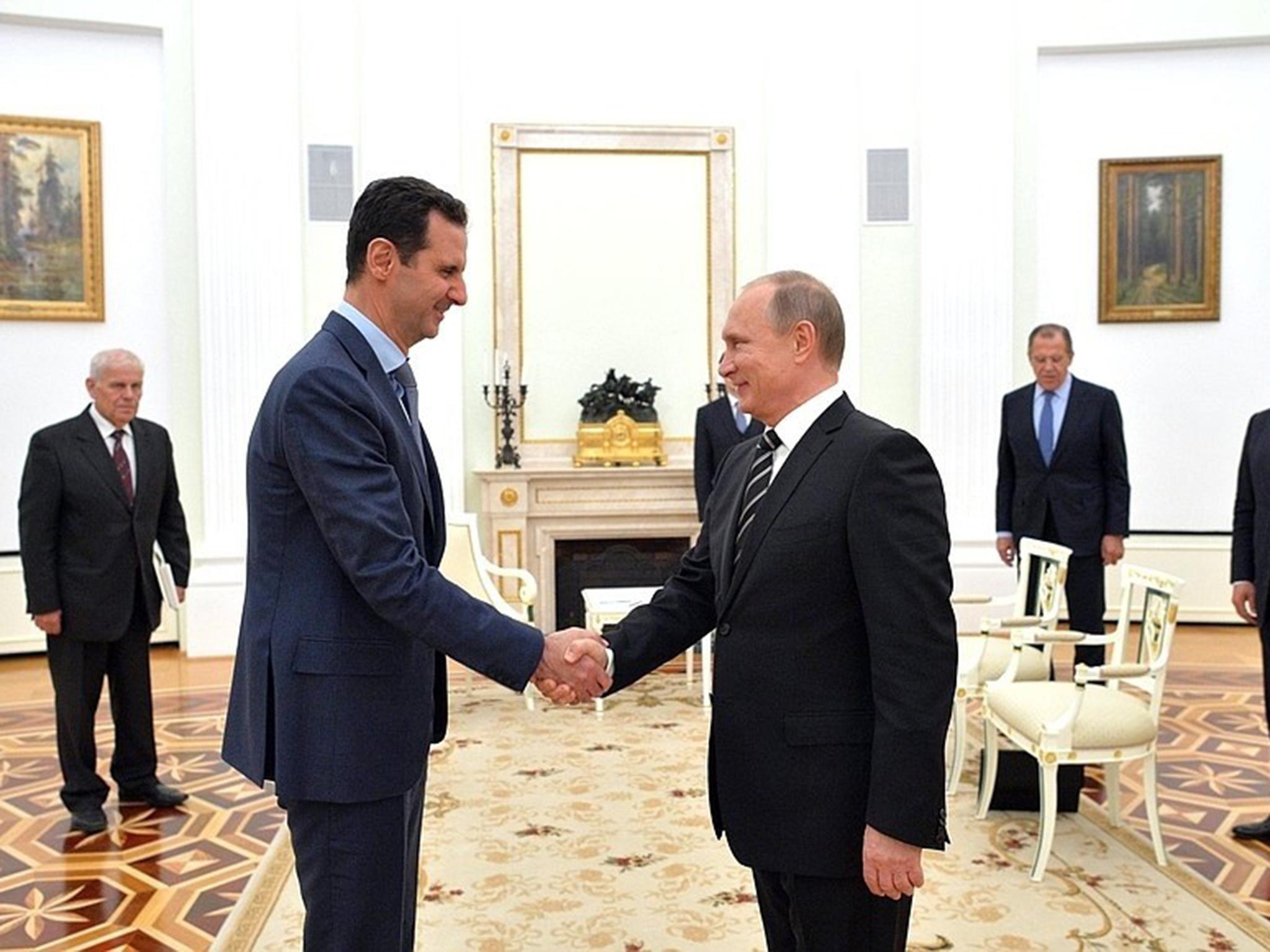| Donald Trump with China's president Xi Jinping (Image: Daily Express) |
They may not like it, but for most United States presidents, it is their international policies we'll remember them by. Nixon discovered that when his leadership was overshadowed by Watergate while George W Bush's time at the White House will always be remembered for his decision to lead military operations in Iraq and Afghanistan.
Today, we have a President Trump who has found out about this trap only three months into his new role. He led his presidency campaign as the protectionist, where the American people came first and those outside the 50 states don't matter. However, regardless of the significance of his policies regarding health, education and industry, it'll always be foreign affairs where he'll be judged by once his time in the White House ends.
Donald Trump's views on foreign affairs during his illustrious career is muddled to say the least. His business interests have made him billions abroad - particularly in controversially governed nations like Saudi Arabia and Turkey who he dares criticise today. Meanwhile, he stated in 2002 that he'd back the invasion of Iraq, something that he dramatically backtracked on during his election campaign last year.
Trump's anti-war stance during his campaign arguably was a key factor to election success last November. He made a point to supposedly expose Democrat Hillary Clinton on her role in the Libyan intervention in 2011 while she was Secretary of State, and voters resonated with that. So I wonder how his enthusiastic voters are feeling about his approach to Syria and North Korea?
 |
| President Assad and Vladimir Putin (Image: The Independent) |
Trump felt there was a justification. He reacted to the apparent chemical attack Assad reportedly authorised on his people, claiming the lives of dozens. The US president felt he had no option but to intervene. But with Russia not best pleased with that, ghosts of the Cold War past came calling, and Trump suddenly faces himself in the same situation as his predecessor, Barack Obama - a scenario the current president fiercely criticised during his campaign.
Meanwhile, the relationship between the United States and China had been placed under the political microscope these past few months. Trump was often critical of China 'taking jobs' from industry-reliant parts of the US - another key pledge he assured his voters he'd rectify. Yet, his vocal anger had been simmered a few notches lately because not only does he probably realise how cheap and good Chinese steel is (as an example), but he wants to show America as the international force against evil - which the president has recognised is North Korea in this instance.
| North Korea nuclear arms (Image: journal-neo.org) |
China and North Korea, right at this very moment, despise each other. Their war of words have made the global community nervous for years. These exchanges have escalated recently when North Korea unveiled their fresh nuclear ambitions. They've already tested some of their nukes, provoking China to gain as many powerful friends as possible against the leadership of Kim Jong-un. While it is difficult to confirm whether North Korea will actually launch any of their deadly weapons on China but their threats seem clear. Hence why the United States feel so compelled to get involved. However, this has only fuelled this debate further as missiles are apparently heading the States way too.
To me, this all begs a key question - why does the US need to be involved in other country's problems? The only upside I saw to Trump's election victory was that America's needless interventions were a thing of the past and that the only bombs dropped would be in Daesh bases. Not only has he gone against his isolationist values, but he may have caused major catastrophic conflicts which needn't be there in the first place.
Trump has fallen into the trap many of his predecessors fell into. These presidents felt the need to flex their political muscles and think they're the protagonist in Mission Impossible. In reality, there would be little reliance on Ethan Hunts of the world if disagreements weren't settled by arms. If Trump were to be a genuine superhero, he'd be taking a flight with China's president to North Korea and put an end to the drama by verbally communicating with the dictatorship there. Then he'd be able to travel back to Washington and focus on providing those jobs he promised for those apparent disenfranchised Americans. But nobody is willing to finish conflicts the peaceful - and cheaper - way. In this rate, we'll all be building air-raid shelters due to his carelessness.
Comments
Post a Comment